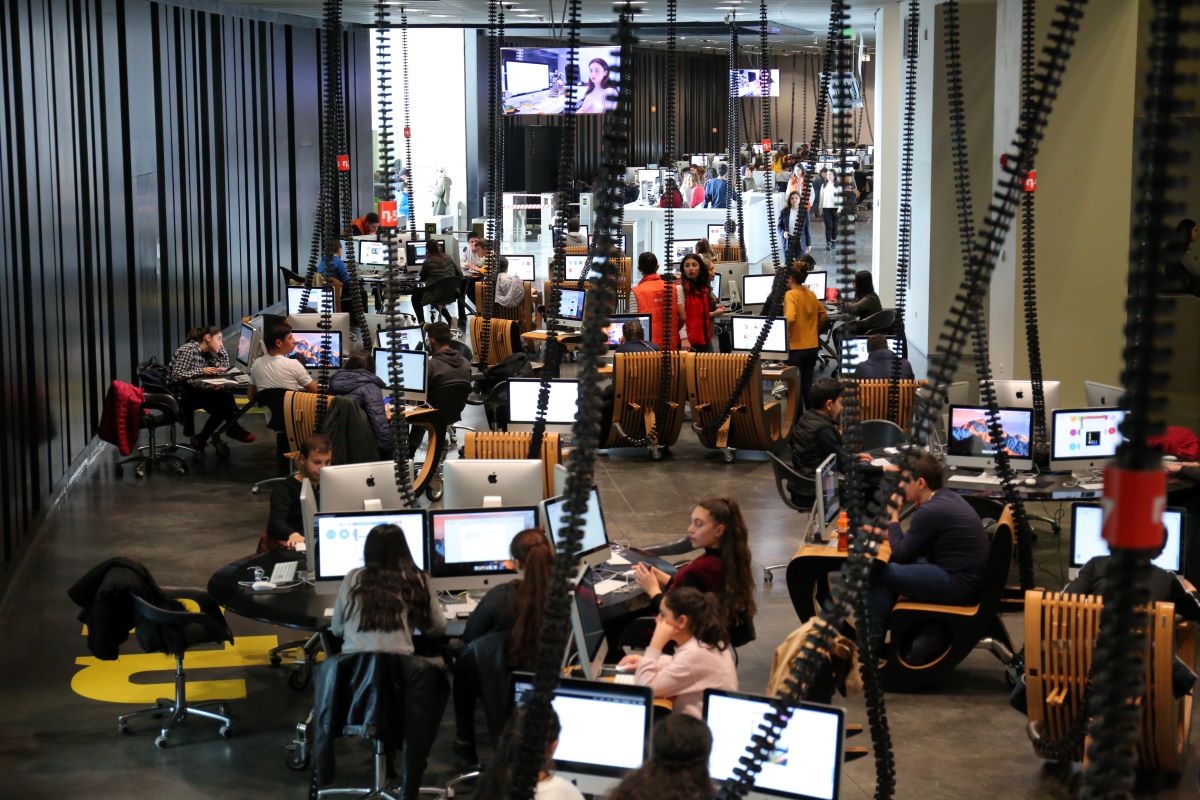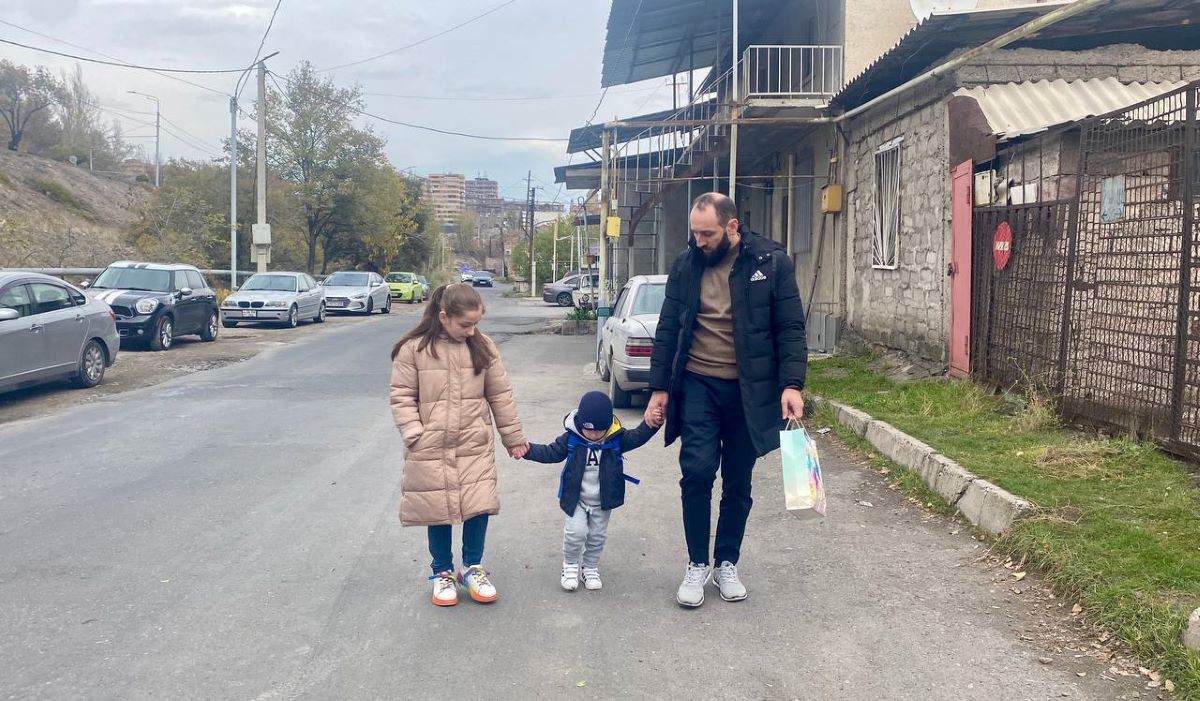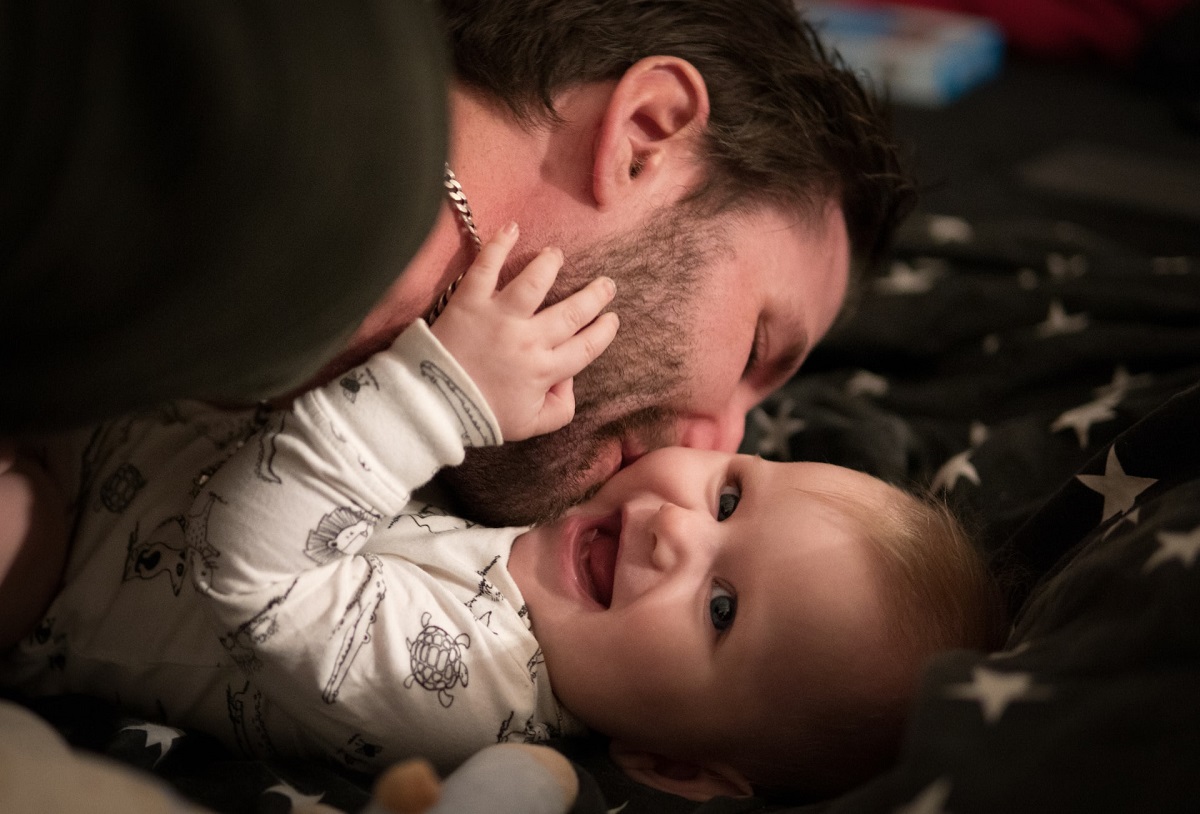Most Armenian parents ignore calls for child vaccinations
Anti-vaccination movement in Armenia
The question of whether flu vaccination is necessary begins to gain traction in Armenia when the virus season is already in full swing. In late autumn and winter, teachers in schools and kindergartens often advise parents to take their children to the clinic for vaccination. However, only a few follow this advice. As a result, students fall ill, miss classes, and lag behind their peers.
A JAMnews journalist visited a clinic to speak with doctors and hear parents’ arguments for and against vaccination.
- Armenian children lead world in sugar consumption, sparking health concerns
- Generation AI: Armenia’s experimental education project
- 10 thousand families with children received housing assistance in Armenia
Working mothers firmly support vaccination
During peak virus activity, clinics, hospitals, and the hallways of schools and kindergartens display posters encouraging prevention. Everywhere, it is announced that vaccination is the primary way to avoid infection.

Most parents in line at Clinic No. 19 said their local doctor called to inform them about the availability of the vaccine and the importance of getting vaccinated.
“My two children and I make sure to get vaccinated every year. I contact our doctor, clarify the details, and schedule a visit. We lived in the Netherlands for three years and always got vaccinated against seasonal viruses. Those years passed without complications,” says Goar.
She believes that attitudes toward vaccination in Armenia are influenced by people’s knowledge and awareness:
“I’ve been speaking with mothers in line for vaccination. They are all educated, working women. And they can’t afford to miss work frequently or for long periods to care for a sick child. They are familiar with vaccines and know about potential side effects. For those I advise to get vaccinated, I send various materials so they can be informed and make an educated decision.
For instance, during the coronavirus pandemic, I had my own concerns. The vaccines were new, and it took time for scientific evaluations of their effects and complications to emerge. With the flu, I’m at ease because we’ve been getting vaccinated for years,” Goar explains.
Vaccination opportunities and conditions
At the beginning of October, the Ministry of Health announced the arrival of a batch of “quadrivalent vaccines against seasonal flu,” effective against four strains. To get vaccinated, individuals simply need to visit a clinic.
In addition, mobile vaccination points operate in Yerevan, where shots can be administered. These are open every weekday from 10:00 to 16:00.
Vaccination is provided “under state order,” as it’s commonly referred to in Armenia, meaning it is free of charge. The vaccine is available to everyone, regardless of their registered clinic, and even to foreigners.
As of October 11, 28,982 adults in Yerevan and the regions have been vaccinated. Between September 11 and December 18, 8,426 children under the age of five received the vaccine.
Kindergartens – one of ‘most vulnerable links’ in chain
Araksia came for vaccination with her four-year-old daughter and 81-year-old mother-in-law. Since the coronavirus pandemic, vaccination has become a routine for her family.
“We no longer need convincing. We know that if we get infected after vaccination, the illness will be mild and won’t require prolonged or hospital treatment. Last year, my daughter only got sick once. She had a fever for two days but was able to carry on normally. We didn’t even need to give her medication. Plus, the older family members didn’t get sick. Now they remind me every day—let’s go get vaccinated,” Araksia explains.
She is concerned that an infection has already spread in her daughter’s kindergarten group. For several days, more than ten children have been absent:
“Everyone is sick. When you talk to parents about vaccination, they refuse. They say there’s no point in vaccinating and it’s better for children to build immunity naturally. But their choice—to let their child get infected and build immunity—comes at the expense of your child’s health. They also often bring sick children to kindergarten, with a fever or a runny nose, explaining that they work and have no one to leave the child with. Not all caregivers monitor this. And so the chain of infections doesn’t break until summer.”

Another mother, Agnessa, joins the conversation and shares her story:
“In September 2023, my son started going to kindergarten. By the end of December, he had missed 61 days. You know, it’s hard to convince parents not to bring a sick child to kindergarten. Nannies and caregivers can’t send a sick child home because the mother says, ‘I’m working, there’s no one to look after my child.’ Every time my son got sick, we stayed home for ten days. But as soon as I brought him back to kindergarten, he caught another virus.”
Agnessa believes it’s pointless to rely on parents’ sense of responsibility. In her opinion, kindergarten management should establish rules and restrictions and ensure they are followed.
For example, this year, her child’s kindergarten started measuring the temperature of children at the entrance.
“Sometimes they bring a child without a fever, but he’s coughing intensely, which means he hasn’t fully recovered. Parents tell the caregiver, ‘The cough could last another month; I can’t keep my child at home for that long,'” she explains.
Moreover, according to Agnessa, many children experience severe symptoms, including inflammation of the eyes and ears:
“There are children who get sick every month. And the mother says she gives antibiotics, and after five days, the child is fine. She doesn’t understand what’s better for her child—taking a lot of antibiotics or getting one vaccine.”
Youth show greater support for vaccination
Anahit Mkrtumyan, a pediatrician with many years of experience, works at the same Clinic No. 19. She notes that more people have been coming for vaccinations in recent years, but she believes there is still a long way to go:
“There are parents who are willing to listen and learn something new. You can explain things to them and convince them. But there are others who don’t even want to hear what you have to say. They trust what’s accepted in their circle more than they trust a doctor. That’s why I ask parents who bring their children for vaccinations to share its benefits with their neighbors, relatives, and friends. It’s sad, but the issue of trust in doctors is evident. This is despite the fact that medicine in Armenia is a successful and well-established field.”
According to the doctor, anti-vaccination campaigns significantly hinder vaccination efforts.
“Of course, a lot has changed since the coronavirus pandemic. Many myths were dispelled. People started reading, researching, and approaching the issue more consciously. I’m happy to say that young mothers now contact me more often to discuss their decision to vaccinate their child. There are many knowledgeable, responsible mothers, and that gives me hope for the future. However, we still need to talk more and help people access information. Only awareness can help increase the rate of vaccination,” she says.






















